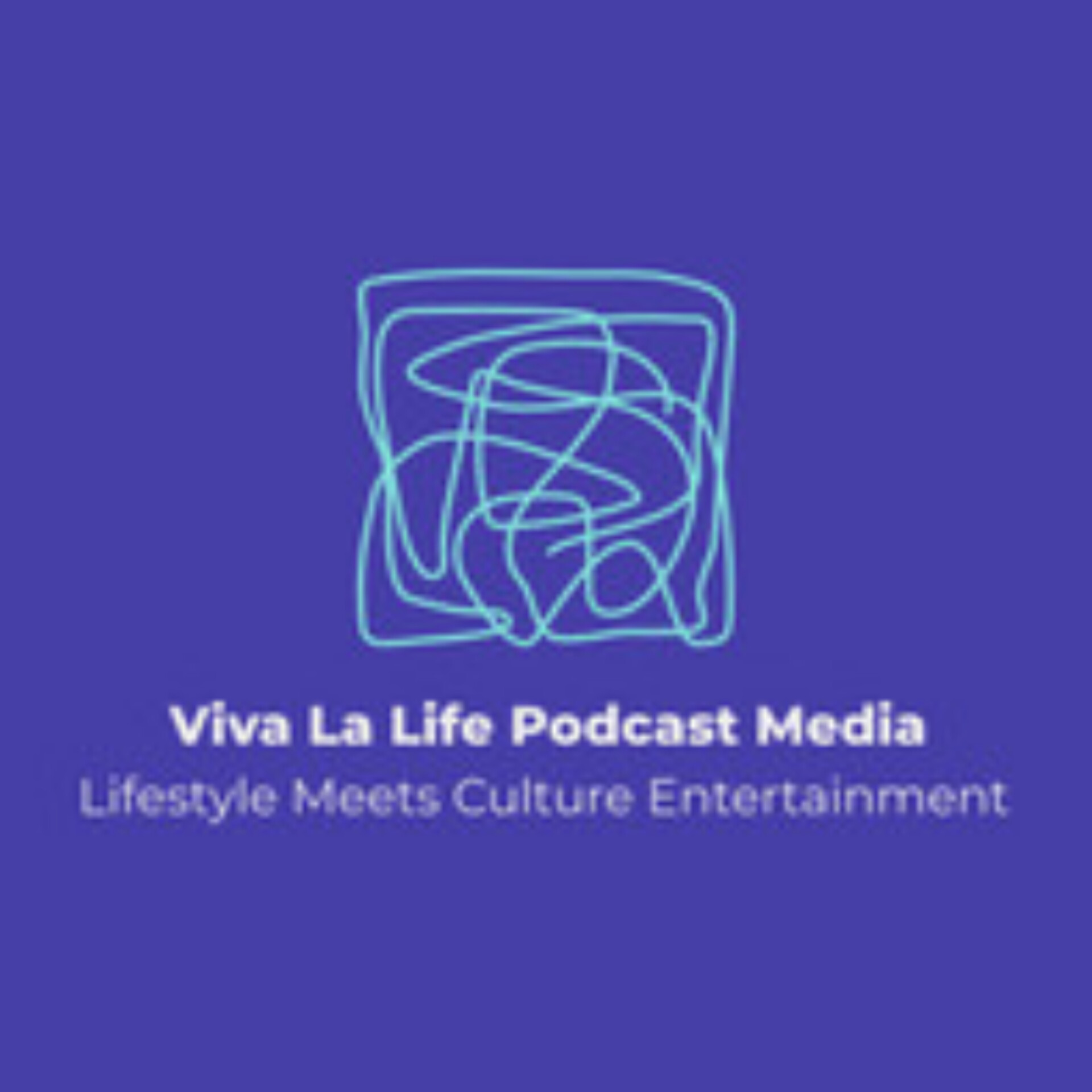My Body, My Soul: Finding Peace Beyond the Mirror
- Ash Tonee
- May 21
- 3 min read
Kamusta! Viva Fam,
Let's get real for a minute. How many of us have spent way too much time staring in the mirror, picking apart every little thing we think is "wrong"? For me, this has been a lifelong journey, tangled up with past experiences with an eating disorder. Even now, years into regulated eating, body dysmorphia still hangs around like an unwelcome guest. Honestly, I don't even remember a time when I didn't feel disconnected from my reflection.

Scrolling through social media definitely doesn't help, right? It's like a constant highlight reel of seemingly "perfect" faces and bodies. And lately, I've been noticing a trend that really gets under my skin: the rise of cosmetic surgery, often leading to outcomes that, to my eyes, look like they've gone too far. It feels predatory for surgeons to perform these procedures on people who, from an outside perspective, look absolutely fine.
We've all heard the mantra, "It's your body, do what makes you happy!" And in theory, that sounds great. But what happens when what feels good is actually rooted in deep insecurity and a distorted perception of ourselves? That's where the "toxic positivity" around cosmetic surgery really hits me. While no one should face negativity for their choices, there's a lack of critical discussion about why so many feel the need to drastically alter their appearance in the first place. Shouldn't we be focusing on learning to love and accept ourselves, just as we are? Embracing our unique beauty, the things that make us, well, us?
This has led me to think about body dysmorphia on a deeper level – almost a spiritual one. What if this feeling of disconnect from our physical form isn't just a psychological thing? What if it's something more profound?

Here's a thought I've been playing with: maybe our spirit or soul, which is often described as boundless and perfect, has a hard time adjusting to the limitations and perceived imperfections of a physical body. Imagine being pure consciousness, and then suddenly you're in this tangible, sometimes achy, always changing vessel. Could body dysmorphia be a kind of rebellion, a sign that our soul isn't quite used to or fully comfortable with its physical representation?
Think about it. In many spiritual beliefs, our soul is seen as eternal, whole, and inherently beautiful. It knows a state of perfection that transcends the physical realm. So, when it looks at a human body – with all its perceived flaws amplified by societal pressures and, yes, social media – is it possible that there's a fundamental disconnect? A feeling of, "This isn't quite right. This isn't the perfect, limitless being I know myself to be"?
This perspective shifts the focus, doesn't it? Instead of trying to mold our physical bodies into some unattainable ideal, maybe the work lies in bridging the gap between our spiritual essence and our physical form. It's about recognizing that our true beauty isn't something we need to achieve or surgically create. It's an inner radiance, a reflection of the perfect soul within.

For me, finding peace beyond the mirror means starting to see my body not as something to be fixed or perfected, but as a temporary home for my incredible spirit. It's about practicing self-compassion and gratitude for what my body can do, rather than focusing on what I perceive as its flaws. It's about nurturing the connection between my mind, body, and soul, and remembering that my worth is so much deeper than my appearance.
This isn't an easy fix, and it's definitely a journey. But maybe, by considering the spiritual aspect of body dysmorphia, we can start to approach ourselves with more kindness, more acceptance, and a deeper understanding of the beautiful, complex beings we truly are – inside and out.
If you've navigated body image struggles, what's one piece of advice or one practice that has genuinely helped you find more peace with your body?





Comments